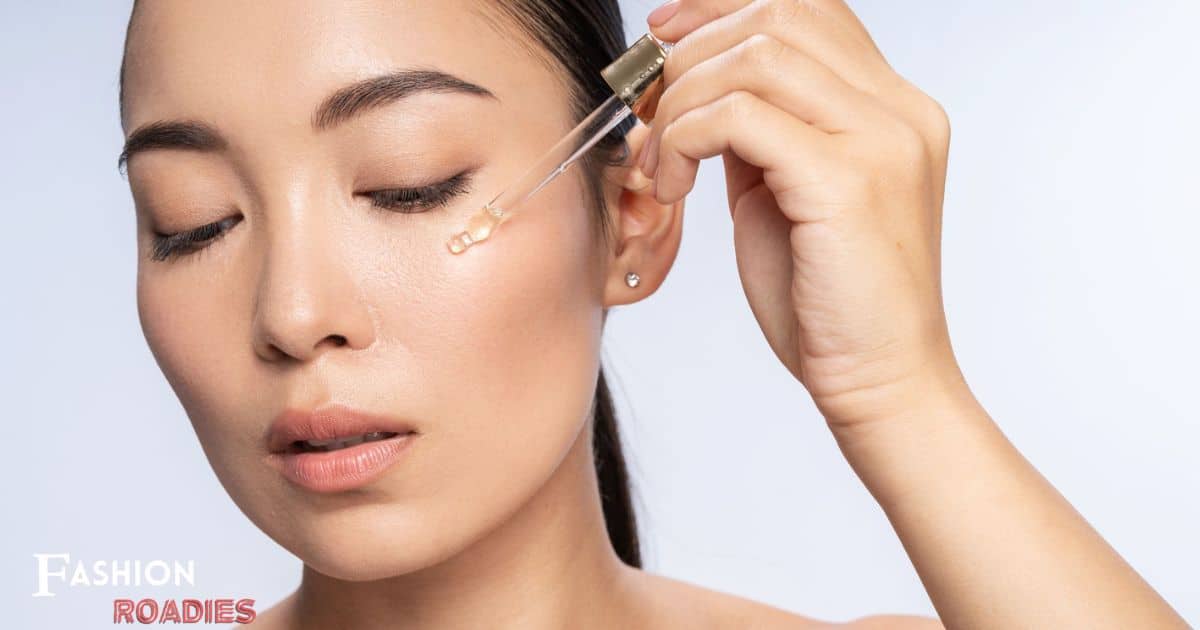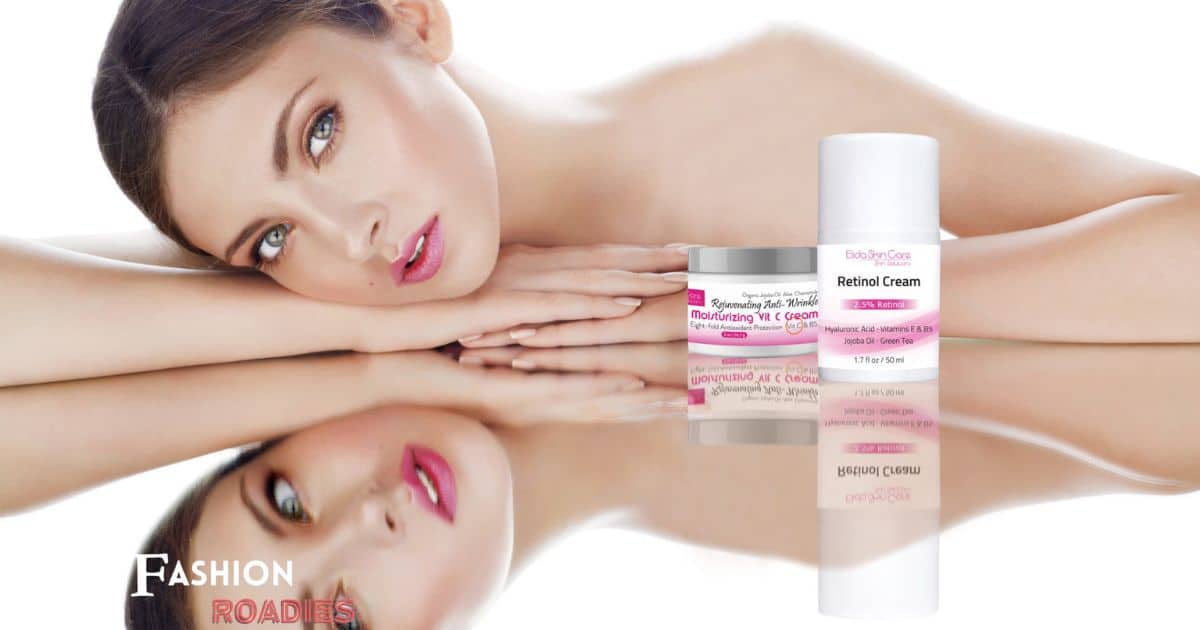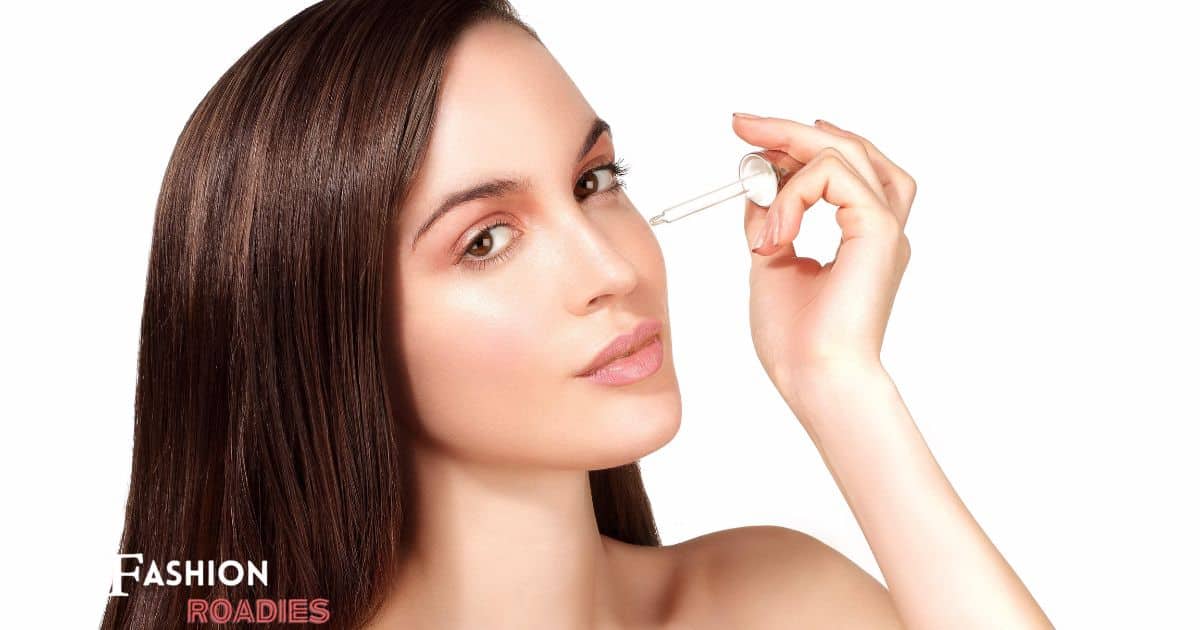Retinol has gained significant attention in the world of skincare for its remarkable benefits. As a powerful ingredient, it addresses various age-related skin concerns, helping individuals achieve a youthful and radiant complexion. However, determining the right time to incorporate retinol into your skincare routine can be challenging. In this article, we will explore the benefits of retinol, discuss age-related skin concerns, and provide a step-by-step guide to help you determine when and how to use retinol effectively.
Key Takeaways
- Retinol can improve skin texture, reduce the appearance of fine lines and wrinkles, unclog pores, and regulate oil production.
- It is effective in stimulating collagen production, reducing sagging and wrinkles, and minimizing sun damage including dark spots and hyperpigmentation.
- It is important to assess skin sensitivity and consult with a dermatologist before incorporating retinol into a skincare routine.
- The best time to start using retinol is when you notice early signs of aging, establish a basic skincare routine, and start in your late twenties or early thirties when collagen production declines.
Benefits of Retinol in Skin Care
One of the main benefits of incorporating retinol into your skincare routine is its ability to improve skin texture and reduce the appearance of fine lines and wrinkles. Retinol is an effective ingredient for those with acne-prone skin as it helps to unclog pores and regulate oil production, preventing breakouts and promoting a clearer complexion. Additionally, retinol is a powerful tool in preventing premature aging. It stimulates collagen production, which helps to firm and plump the skin, reducing the appearance of sagging and wrinkles. By incorporating retinol into your skincare routine, you can proactively address signs of aging before they become more pronounced. It is important to note that retinol may cause some initial dryness or sensitivity, so it is recommended to start with a lower concentration and gradually increase as your skin adjusts.
Age-Related Skin Concerns and Retinol
As individuals age, they often experience various skin concerns, and incorporating retinol into their skincare routine can help address and mitigate these issues. Retinol, a derivative of vitamin A, is known for its anti-aging benefits and effectiveness in reducing the appearance of wrinkles and fine lines. Here are four ways in which retinol can benefit age-related skin concerns:
- Stimulates collagen production: Retinol promotes the production of collagen, a protein that provides structure and elasticity to the skin. This helps to reduce the appearance of fine lines and wrinkles.
- Improves skin texture: Regular use of retinol can help to improve the overall texture of the skin, making it smoother and more even-toned.
- Increases cell turnover: Retinol accelerates the rate at which skin cells turnover, helping to slough off dead skin cells and reveal fresher, younger-looking skin.
- Minimizes sun damage: Retinol has been shown to reduce the appearance of sun damage, including dark spots and hyperpigmentation, helping to create a more even complexion.
Understanding the benefits of retinol can help you determine if your skin is ready for its inclusion in your skincare routine.
How to Determine if Your Skin Is Ready for Retinol
Before incorporating retinol into your skincare routine, it is important to assess the current condition of your skin to determine if it is ready for this powerful ingredient. Retinol is a potent form of vitamin A that can provide numerous benefits for the skin, such as reducing the appearance of fine lines and wrinkles, improving skin texture, and promoting cellular turnover. However, it can also cause skin sensitivity and potential side effects if not used properly.
To determine if your skin is ready for retinol, look for signs of skin sensitivity such as redness, irritation, or dryness. If you have sensitive skin, it is advisable to start with a lower concentration and gradually increase over time. Additionally, consider any potential side effects such as increased sun sensitivity and the need for additional sun protection measures. It is always best to consult with a dermatologist or skincare professional before incorporating retinol into your routine to ensure it is suitable for your skin type and concerns.
| Signs of Skin Sensitivity | Potential Side Effects |
|---|---|
| Redness | Increased sun sensitivity |
| Irritation | Dryness |
| Dryness | Peeling |
Best Time to Start Using Retinol in Your Skincare Routine
To ensure optimal results, it is important to consider the best time to start incorporating retinol into your skincare routine. Here are four key factors to consider when determining the ideal time to start using retinol:
- Early signs: If you start noticing early signs of aging such as fine lines, wrinkles, or uneven skin tone, it may be a good time to introduce retinol into your skincare routine.
- Skincare products: Before introducing retinol, it is essential to establish a basic skincare routine. This includes cleansing, toning, and moisturizing regularly.
- Gradual introduction: Retinol can be potent and may cause irritation if not introduced gradually. Start by using it once or twice a week and gradually increase the frequency as your skin adjusts.
- Age: While there is no specific age to start using retinol, it is generally recommended to start in your late twenties or early thirties when collagen production begins to decline.
Step-By-Step Guide to Incorporating Retinol Into Your Daily Regimen
A gentle yet effective compound, retinol can be seamlessly incorporated into your daily skincare regimen with proper guidance. To begin, cleanse your face thoroughly using a mild cleanser and pat dry. Next, apply a pea-sized amount of retinol to your fingertips and gently massage it onto your face, avoiding the delicate eye area. Start by using retinol every other night to allow your skin to acclimate to the product. As your skin adjusts, gradually increase the frequency to every night if tolerated well. Remember to always follow up with a moisturizer to keep your skin hydrated. It is important to note that retinol can cause some initial side effects such as dryness, redness, and peeling. If these symptoms persist, reduce the frequency of use or consult a dermatologist for further guidance.
Frequently Asked Questions
Are There Any Potential Side Effects or Risks Associated With Using Retinol in Skincare?
Potential risks and side effects associated with using retinol in skincare include skin irritation, dryness, redness, and increased sensitivity to sunlight. It is important to start with a low concentration and gradually increase as tolerated to minimize these effects.
Can Retinol Be Used on Sensitive or Acne-Prone Skin?
Retinol can be beneficial for sensitive and acne-prone skin. It helps to regulate oil production, unclog pores, and promote cell turnover. However, it is important to start with a lower concentration and gradually increase to avoid irritation.
Is It Safe to Use Retinol During Pregnancy or While Breastfeeding?
Retinol safety during pregnancy and while breastfeeding is a concern for many individuals. It is recommended to avoid retinol during pregnancy due to potential risks. Limited studies exist on retinol use while breastfeeding, so it is best to consult with a healthcare professional for personalized advice.
How Long Does It Typically Take to See Results From Using Retinol?
Results from using retinol can vary, but typically it takes several weeks to a few months to see noticeable improvements in the skin. It is important to be aware of potential side effects and to use retinol as directed by a healthcare professional.
Can Retinol Be Used in Conjunction With Other Skincare Ingredients or Products?
Retinol can be used in conjunction with other skincare ingredients, such as vitamin C and hyaluronic acid, to enhance its benefits. However, it is important to carefully introduce new products and monitor any potential reactions.
Conclusion
In conclusion, incorporating retinol into your skincare routine can provide numerous benefits for your skin, especially when dealing with age-related concerns. It is important to determine if your skin is ready for retinol by considering factors such as sensitivity and existing skin conditions. Starting retinol at the appropriate time and following a step-by-step guide for its incorporation can help you achieve optimal results. Remember to consult with a skincare professional for personalized advice and recommendations.










